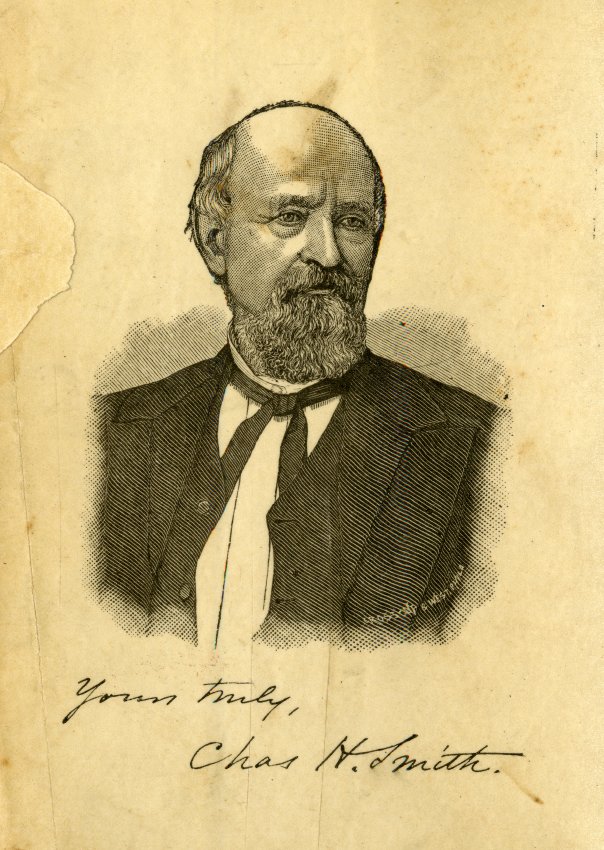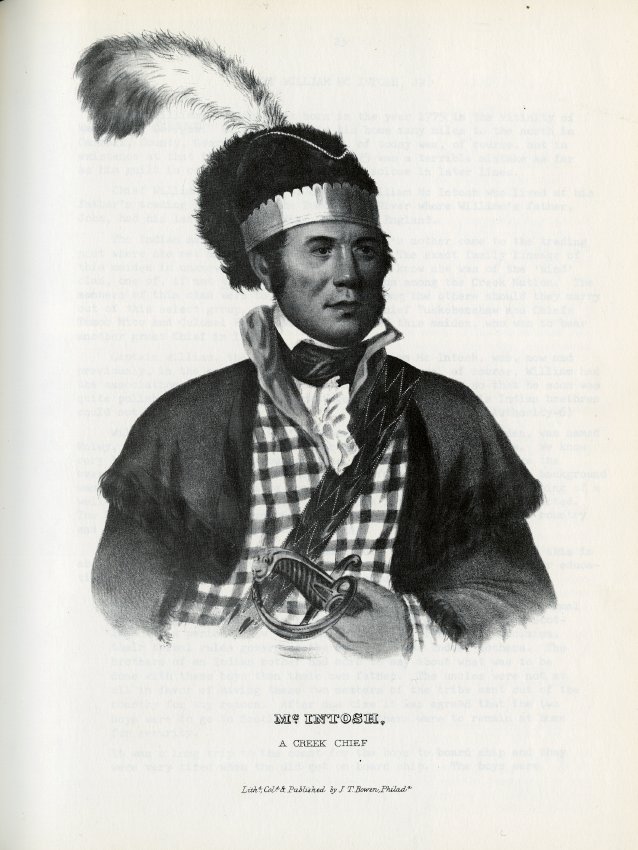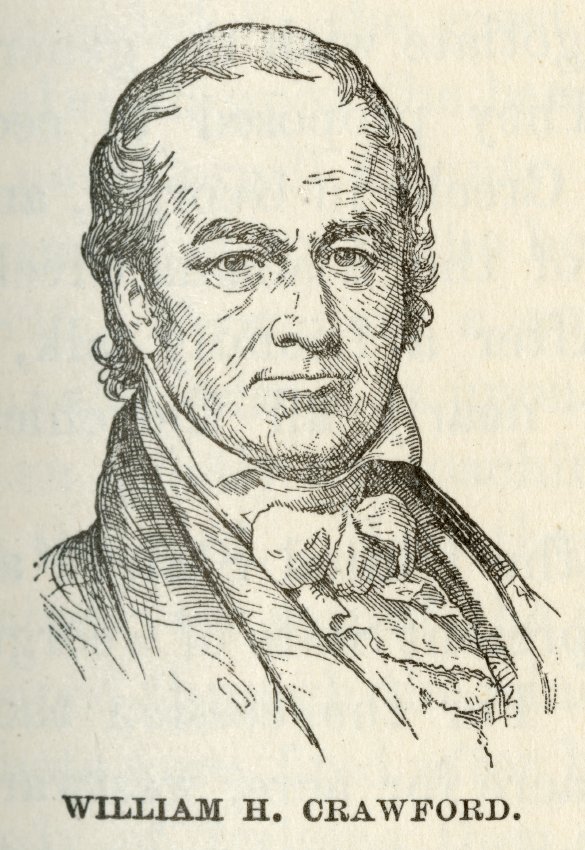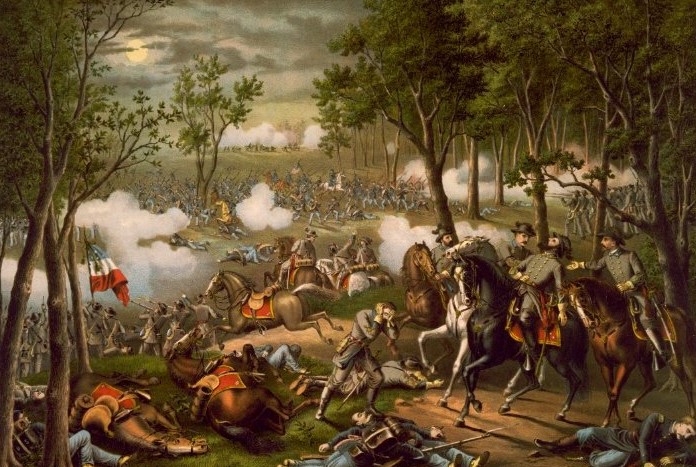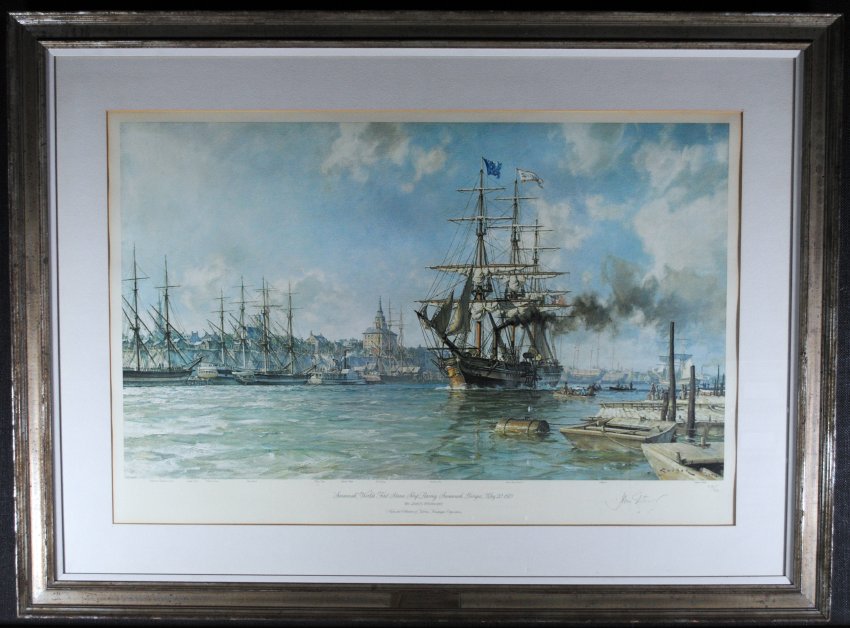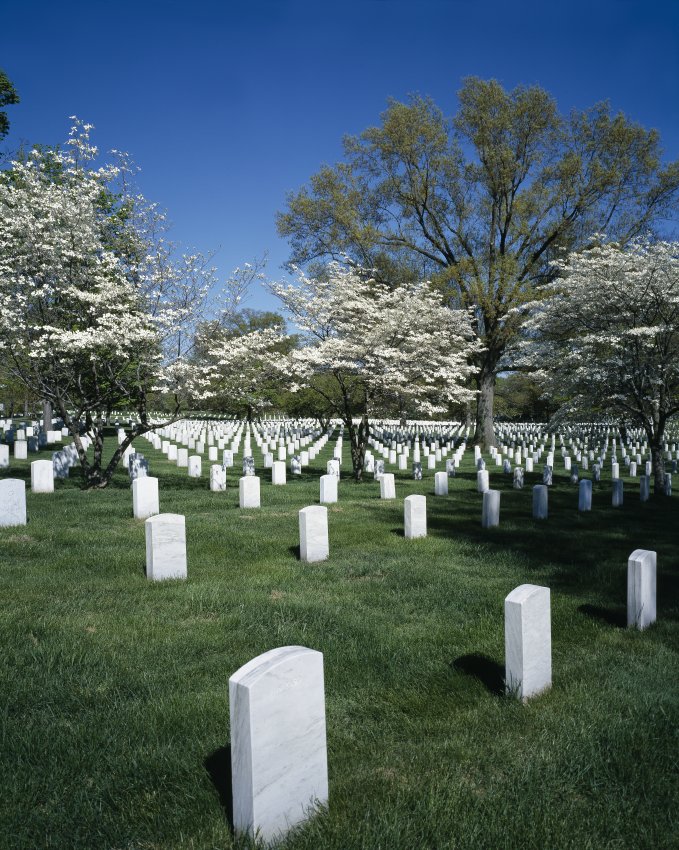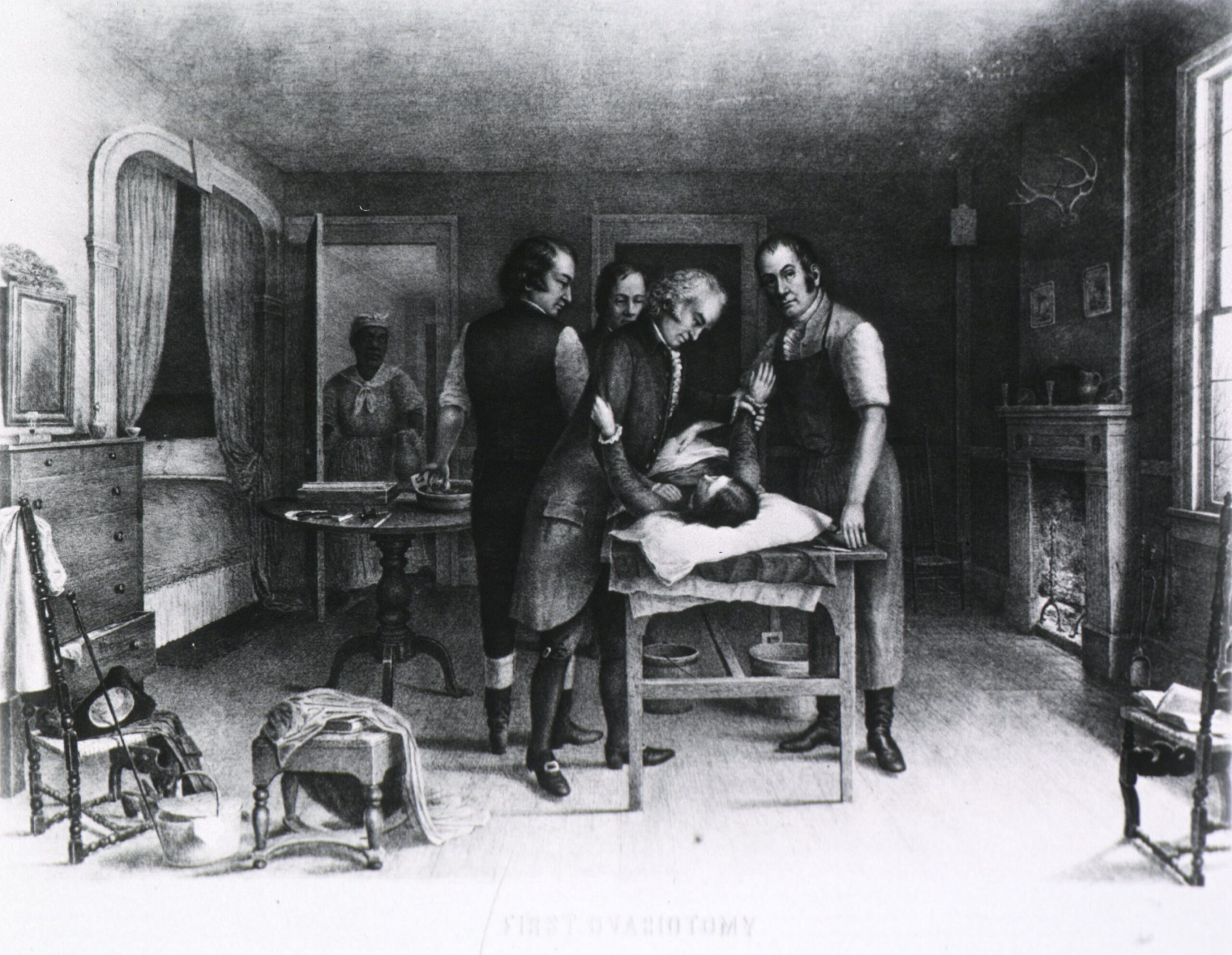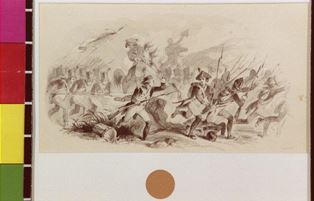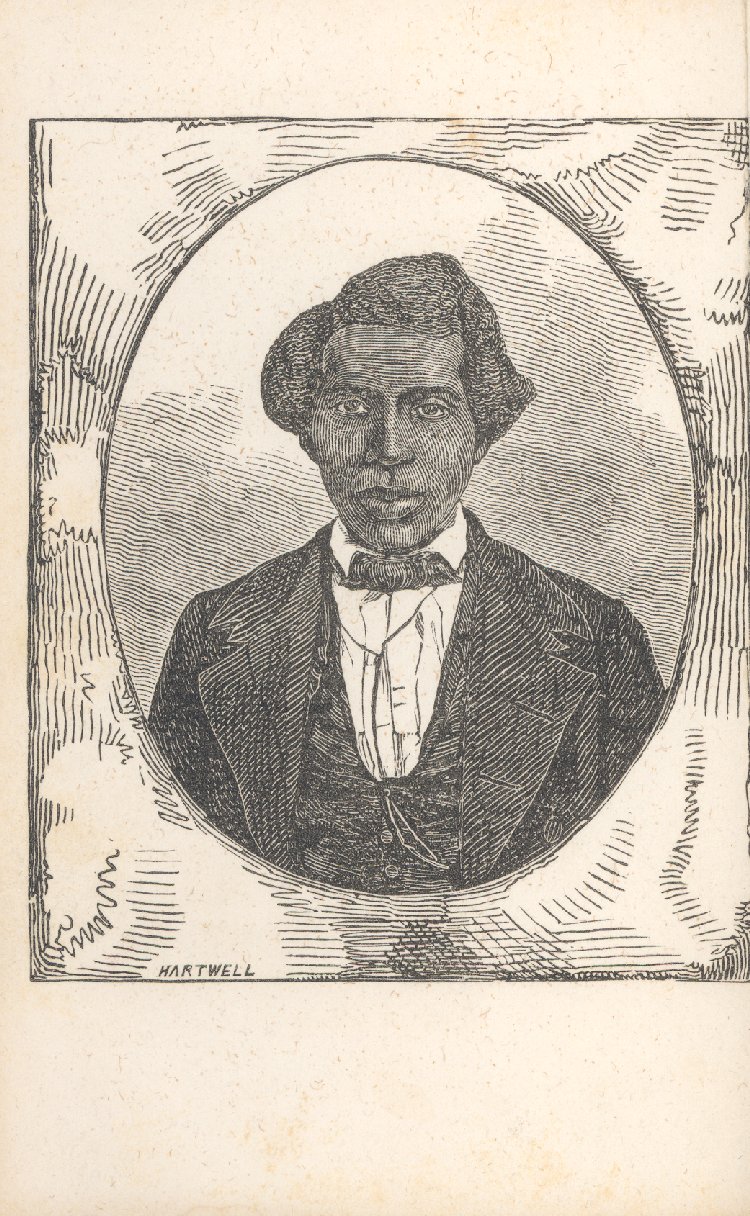June 15, 1826
Missouri has Mark Twain. Georgia has Bill Arp, the pen name for Charles Henry Smith. Born in Lawrenceville in 1826, Smith moved to Rome in 1851 to practice law. After the Confederate attack on Fort Sumter, Smith wrote a letter under the pen name “Bill Arp” to President Lincoln in the humorous dialect favored by […]
April 30, 1825
On this day in 1825, 200 Creek warriors set fire to a plantation house, and shot and stabbed the owner to death. The owner was William McIntosh, a Creek Indian chief killed by his own people. McIntosh was born around 1778 to a white Scotsman and a Creek woman. Though raised among the creeks, he […]
December 1, 1824
A man who killed a political opponent in a duel nearly became the first president from Georgia, long before Jimmy Carter. William Crawford began his political career in 1803 as a state legislator from Oglethorpe County. Even though he killed a political enemy in a duel in 1802, Crawford’s political star kept rising, with service […]
April 20, 1824
Alfred Colquitt had an imposing resume: Ivy League graduate, Mexican War veteran, Confederate general, congressman, governor and senator. Born in Walton County in 1824, Colquitt graduated from Princeton, then practiced law in Monroe until he fought in the Mexican War, rising to the rank of major. He was elected to the U.S. Congress during the […]
May 24, 1819
It was the first steamship in the world to cross the Atlantic. The steamship Savannah was built in 1818 in New York as a sailing packet but was converted to a steamship after a Savannah shipping firm committed to buy it for transatlantic service. The ship was a 320-ton hybrid, equipped with a steam engine, […]
May 3, 1816
He was a Georgia native responsible for turning Robert E. Lee’s plantation into a national cemetery. Montgomery Meigs was born in Augusta in 1816 and graduated from the U.S. Military academy at West Point. Meigs was assigned to the Army Corps of Engineers and oversaw the construction of many of Washington’s most important buildings, including […]
November 1, 1815
Anyone who has ever had surgery owes him of debt of thanks. Crawford Long was born in Danielsville, Georgia in 1815 and graduated from the University of Georgia. While getting his medical degree from the University of Pennsylvania, he witnessed firsthand the excruciating pain of patients undergoing surgery, and the crude methods used to alleviate […]
December 24, 1814
The War of 1812 between the United States and Great Britain officially ended on Christmas Eve, 1814, with the Treaty of Ghent. Georgians were deeply involved in the war on several fronts. General John Floyd led troops against Britain’s Indian allies in Alabama in decisive battles that would eventually open up the region to American […]
April 1, 1812
He was one of the first Georgians to attempt to create a truly color-blind society after the Civil War. Tunis Campbell was born in New Jersey in 1812 to free black parents. Educated at an all-white academy in New York, he joined the abolitionist movement. By the early 1860s Campbell was a married father and […]
November 27, 1809
She was an outspoken opponent of slavery who married one of the largest slaveholders in the South. Frances Anne “Fanny” Kemble was born in London in 1809 in a family of actors, and she became an established actress herself. In Philadelphia in 1832 she met and eventually married Pierce Butler, a Georgia plantation owner with […]










